Vietnam Weekly continues to discuss with Mr. Nguyen Van Phuc - former Deputy Chairman of the National Assembly's Economic Committee about the goal of "Turning Vietnam's institutions into national competitiveness" set out in the Draft Political Report of the 14th National Congress.
The Draft Political Report and Resolution 66 both affirm the goal of “transforming Vietnam’s institutions into national competitiveness”. In your opinion, how should this spirit be understood?
Mr. Nguyen Van Phuc : The policy of “turning institutions into national competitiveness” is very correct and has a long-term vision. Because, as scholars Acemoglu and Robinson analyzed in the book Why Nations Fail, two countries with similar natural conditions and resources but different institutions will have completely different development results. The country with better institutions – transparency, encouragement of innovation and protection of property rights – will develop outstandingly.
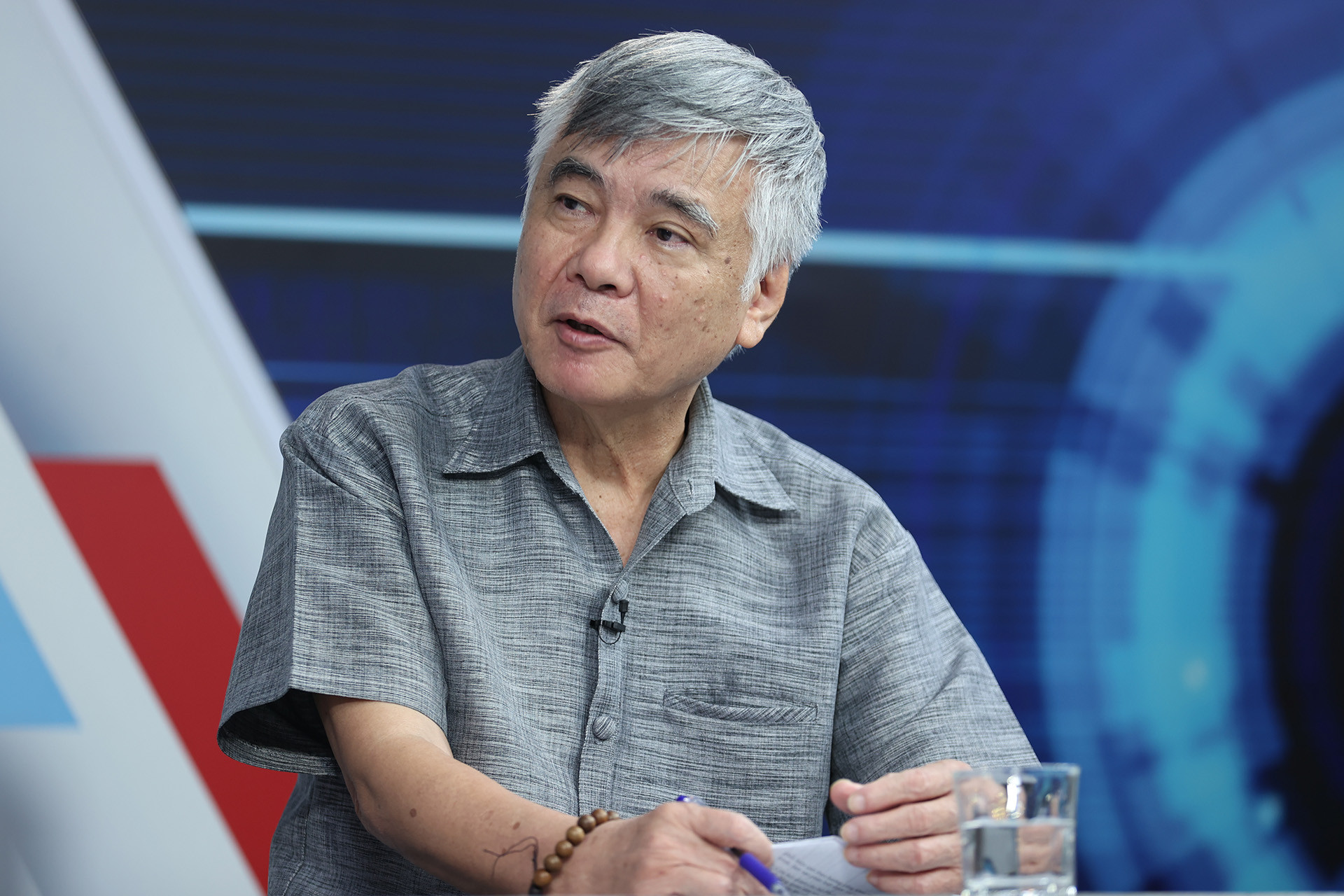
Mr. Nguyen Van Phuc: To say that institutions are competitive means to talk about governance capacity, transparency, policy predictability, and a legal environment that encourages innovation. Photo: Le Anh Dung
In fact, Vietnam has had times when institutions have become a very clear competitive advantage. In 1987, just one law – the Foreign Investment Law – opened up thinking, attracted strong FDI flows, and became one of the pioneering institutional models in the region. Later, that thinking was extended in the idea of special economic zones – as “institutional testing grounds”, sandboxes to test new management models.
When we say “institutions are competitiveness”, we mean governance capacity, transparency, policy predictability, and a legal environment that encourages innovation. In a world where resources and cheap labor are no longer sustainable advantages, institutions are the “soft advantage” that creates hard competitiveness – determining the position of a country.
You just said that institutions are “soft advantages but create hard competitiveness”. In your opinion, besides the legal system, what are the other factors that make up institutional strength – the invisible competitiveness that Vietnam needs to pay more attention to?
It is true that institutions are not only about laws. The legal system is a prerequisite, but it is not enough. There are also invisible factors – informal institutions such as culture, ethics, beliefs and behavioral habits of society.
When people come to a country to invest or travel, they do not just read the law; they observe how people obey the law, how the government behaves, and feel the fairness and trust. A nation that respects credibility, is friendly to foreigners, and upholds business ethics – that is the institutional advantage. Many times, these things are more important than the provisions in the law.
The world is moving towards legal harmonization – the laws of countries in the region will become more and more similar. At that time, what makes people choose Vietnam is no longer just the law, but also social trust, public service culture and business ethics. In other words, institutional strength lies in how this society is perceived and trusted. And to achieve that, we must consider culture, ethics, lifestyle and behavior – “soft institutions” – as part of national competitiveness.
In the 40-year Renovation Report, as well as in the Draft Documents of the 14th Congress and many other documents, a consistent spirit is expressed: when people are given the freedom to do business and do business, the economy will develop strongly.
Looking back at the practice from the 2000 Enterprise Law to the recent Resolution 68 on private economic development, how do you evaluate the relationship between business freedom and economic growth in Vietnam?
That is absolutely true — and arguably a law. When people are given more freedom to do business, the economy inevitably grows.
Humans have a natural, objective need to work, to earn a living, to seek happiness. Even in the Declaration of Independence of President Ho Chi Minh, it affirmed “the right to life, the right to liberty and the right to pursue happiness”. And happiness, if understood in a very real sense, is having a job, having income, having legitimate business opportunities.
When institutions allow and encourage people to exercise those natural rights, society will develop, people will be dynamic and creative, and the economy will flourish. On the contrary, if institutions constrain, create barriers or discriminate, social energy will be restrained and resources will stagnate.
Vietnam’s economic history has clearly demonstrated this. In the past, when the economy had only two main components – the state economy and cooperatives – all other components were almost eliminated, and society lacked the driving force for development. But since the Enterprise Law of 1990, then the Enterprise Law of 1999, 2005, 2014 and 2020, along with Resolution 68 of the Politburo on private economic development, each time the freedom of business was expanded, the economy bounced back strongly. This is living proof that good institutions are the greatest driving force for national development.
Business freedom is the foundation, but to turn it into a real driving force for development, the institution must create a favorable and equal environment. In your opinion, what is the core requirement for Vietnam's economic institution to become an institution that "facilitates" instead of "excludes"?
Institutions, in essence, must be facilitative. When institutions are open, clear and transparent, people and businesses will boldly invest, establish businesses, and expand production. On the contrary, if institutions have many conditions and complicated procedures, they will become exclusionary institutions - that is, they eliminate opportunities for people, making them afraid to invest capital and do business.
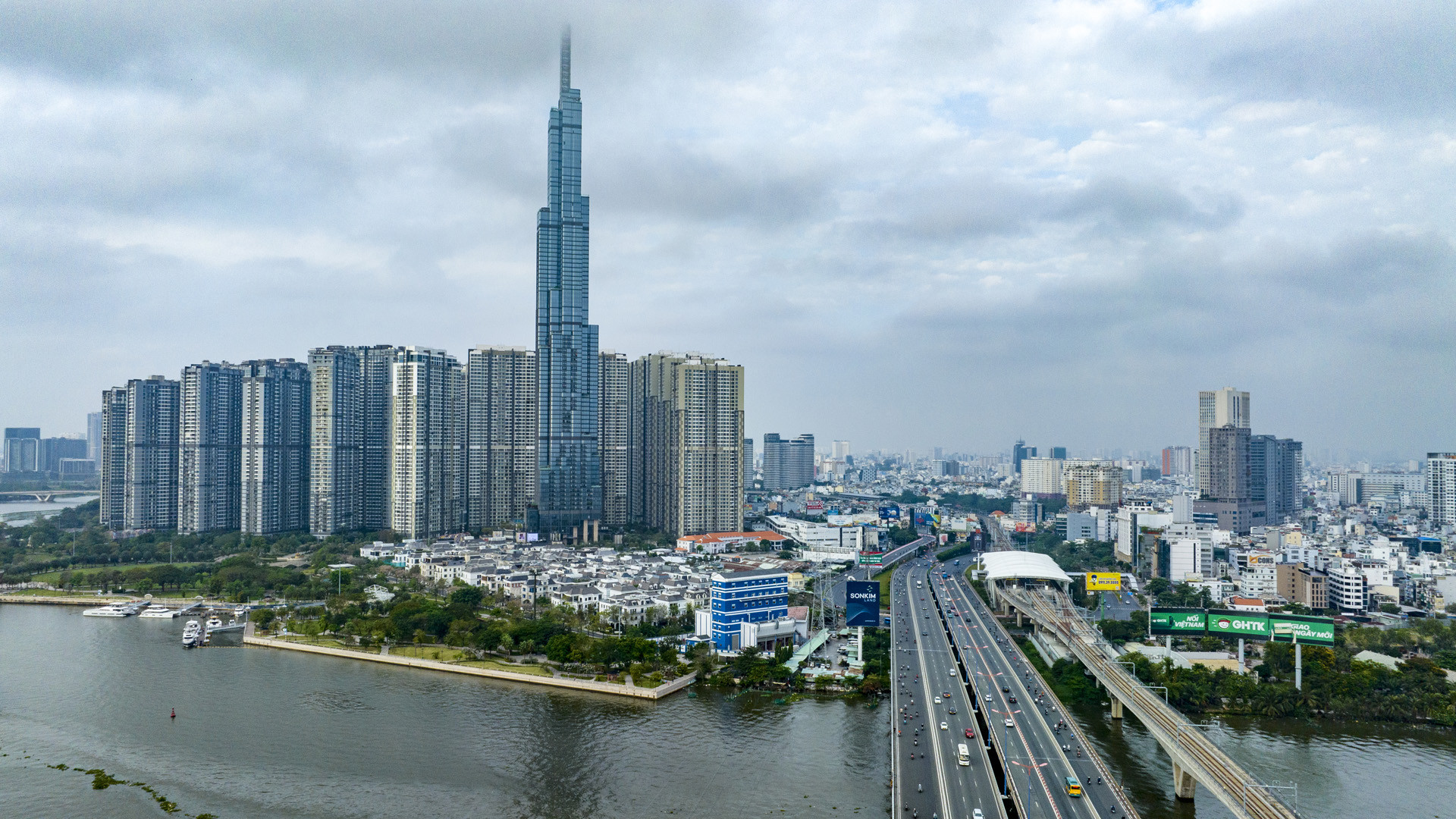
In the 40-year Renovation Report, as well as in the Draft Documents of the 14th Congress, there is a consistent spirit: When people are given the freedom to do business, the economy will develop strongly. Photo: Hoang Ha
A country that wants to develop sustainably must have inclusive institutions – that is, open to all capable subjects to participate in production, contribute and benefit fairly. Then social energy will be released, initiatives will arise, and the economy will develop substantially.
That is also the spirit that runs through Resolution 68 – considering the private sector as one of the most important driving forces of the economy. When people are allowed to do business equally, are protected by law, and have fair access to resources – land, capital, markets – then freedom of business is not just a right, but a driving force for the nation to move forward.
To date, Vietnam has participated in 17 free trade agreements (FTAs) – among the most open in the world; has economic and diplomatic relations with more than 230 countries and territories; almost all major trends of the era – from digital economy, digital currency, artificial intelligence, digital transformation – have been approached by Vietnam and begun to be institutionalized by law. Thus, it can be said that we are having a huge change in thinking. With the experience of a long-time lawyer, in your opinion, what is necessary to turn that open thinking into a driving force for development?
In ancient times, in the Battle of Red Cliffs, people said that Zhou Yu had prepared all the troops, warships, and plans, all he needed was the “east wind”. In the end, Zhuge Liang borrowed the “east wind” and won the battle. If you think about it carefully, the “east wind” here is a person.
Institutions, laws, policies – all are created by humans. Humans think of institutions, humans are bound by institutions, and humans also implement and then dismantle them. Therefore, it is correct to say that “institutions are the bottleneck of bottlenecks”, but we must understand that the source of institutions is still humans.
Every breakthrough starts with thinking. If we want to reform the institutions, we must first reform the thinking of those who make them – thinking about the market, about freedom, about trust between the State and the people. Because in the end, whether it is the Party’s resolutions or the State’s laws, they are all made, operated and held responsible by people.
The system is the framework, but people are the soul. If people dare to think, dare to do, dare to solve problems, then the “bottleneck of bottlenecks” will become the driving force of driving forces.
Now, the issue is no longer a matter of viewpoint because the viewpoints of the Party, the Central Executive Committee, and the Politburo are very correct and clear. The direction, thinking, and development orientation have all been opened up, one could even say “that’s it”.
Now there are only people - those who implement the institutions, operate the machinery, and concretize those policies into life.
When the Party affirmed that "people and businesses are allowed to do what the law does not prohibit", and state agencies are only allowed to do what the law permits, that was the highest level of reform thinking.
If the Constitution continues to be amended in a more open direction, based on the spirit of the Platform, it will be a step forward to liberate all social resources.
After all, people are like a football team. The system is the rules, but to win a game, you need a good coach, good players and a dare to play spirit.
The institution may be right and good, but if people do not have enough courage, capacity, or confidence to implement it, all resolutions and platforms will remain only on paper.
And conversely, when good people, open-mindedness, and a spirit of reform are truly aroused, people themselves will turn "institutional bottlenecks" into driving forces for development.
Vietnamnet.vn
Source: https://vietnamnet.vn/bien-the-che-thanh-nang-luc-canh-tranh-quoc-gia-goc-o-con-nguoi-2461829.html



![[Photo] Highways passing through Dong Nai](https://vphoto.vietnam.vn/thumb/1200x675/vietnam/resource/IMAGE/2025/11/12/1762940149627_ndo_br_1-resize-5756-jpg.webp)








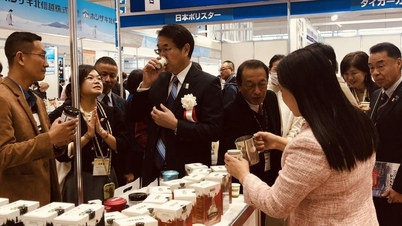


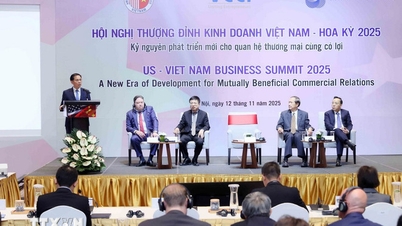




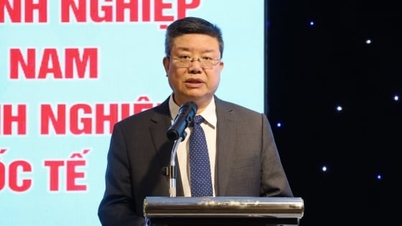



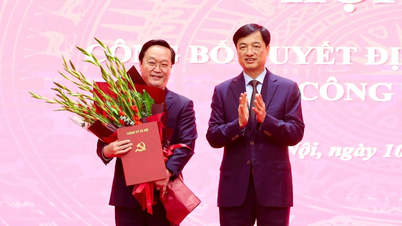




















































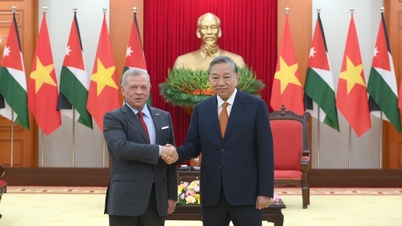
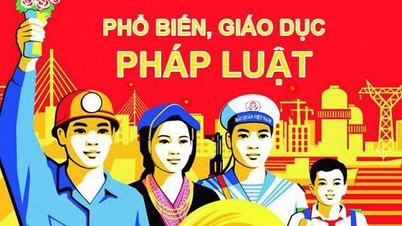



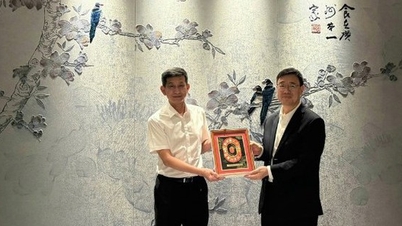
















![Dong Nai OCOP transition: [Article 3] Linking tourism with OCOP product consumption](https://vphoto.vietnam.vn/thumb/402x226/vietnam/resource/IMAGE/2025/11/10/1762739199309_1324-2740-7_n-162543_981.jpeg)








Comment (0)